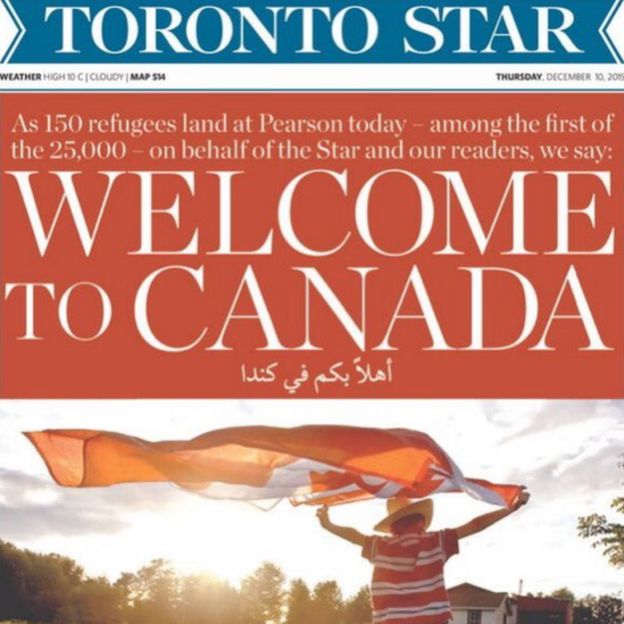Hayao Miyazaki joins Okinawan anti-military base fund

TOKYO —
Hayao Miyazaki is one of the most outspoken proponents of anti-war policy in Japan. And Okinawa is home to a plethora of American military bases, and has been a hotbed of controversy for decades.
So Miyazaki and Okinawa have officially teamed up to protest the American military presence. The director announced on May 7 that he will officially join the “Henoko Fund,” a group of politicians and CEOs who are putting their money where their mouths are and donating hundreds of millions of yen to prevent the relocation of the Futenma Air Base.
If you’re new to the topic of American military bases in Okinawa, here’s the super quick rundown: Okinawa used to be known as the Ryukyu Kingdom, which existed as its own entity for hundreds of years. It was subsequently invaded by mainland Japan in 1609, begrudgingly annexed as part of Japan in 1872, and then completely devastated during World War II when it became a battlefield between Japanese and U.S. soldiers, resulting in one-third of the entire civilian population being killed.
The U.S. occupied Okinawa following the end of the war, leaving its influence all over the island. People drove on the right side of the road (instead of the left as in mainland Japan), dollars were used as the official currency, and military bases were set up all over as well. When Okinawa was returned to Japanese rule in 1972, the roads and money went back to normal, but the bases stayed behind. After hundreds of thousands of lives lost and generations of war, you can imagine that the Okinawan people were getting very tired of the whole military thing.
And that sentiment has continued up to today. Despite the fact that Okinawa makes up less than 1% of Japan, it is home to over 75% of all U.S. military bases in Japan. This makes the Okinawa people feel like they’re getting the brunt of U.S. bases dumped on them while the rest of Japan dodges the responsibility.
Though general protests against the U.S. bases are held often, one of the most controversial topics is the relocation of Marine Corps Air Station Futenma. It is currently located in Ginowan City, but it was proposed to be moved to the coast of Henoko in northern Okinawa, away from the residential area. While the intentions behind the proposal may be sound, the Henoko coast is home to coral reef and critically endangered dugong. Many feel building a military base there would be a further insult to Okinawa, symbolically crushing beautiful parts of the island with more military installations.
And that brings us to the recently established Henoko Fund. Okinawan politicians, CEOs, organizations and individuals have teamed up to sponsor ads and demonstrations against the relocation of the airbase, marking the first time that the private sector has officially become involved in the protests, so far raising over 100 million yen ($834,064).
Up until now there have been seven other high-profile joint representatives sponsoring the Henoko Fund, but Miyazaki is by far the most well-known. Considering the anti-war messages in his films and the fact that he was quoted last year as saying “demilitarization in Okinawa is essential for peace in East Asia,” his ideals fit in perfectly with the rest of the group.
Other members of the Henoko Fund have said they’re very happy to have Miyazaki as a joint representative, and they hope that having him will help broaden their group’s appeal and further their cause, both inside and outside of Okinawa.
While only time will tell whether the Henoko Fund accomplishes its goals or not, we have to say that if a certain someone comes out of retirement again to produce a Studio Ghibli animated feature about Okinawa, it certainly couldn’t hurt their cause.
Source: The Ryukyu Shimpo



























